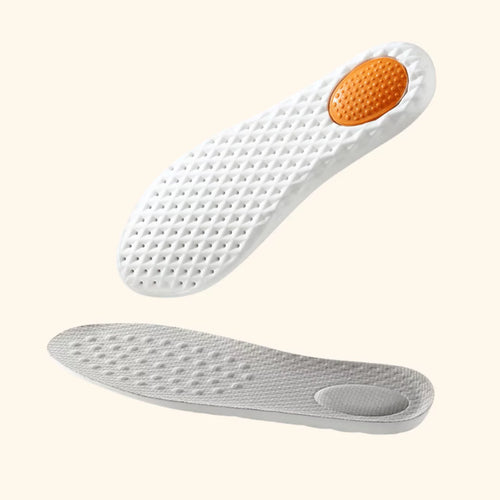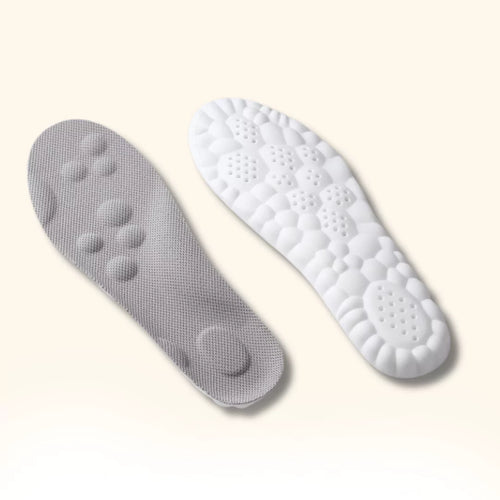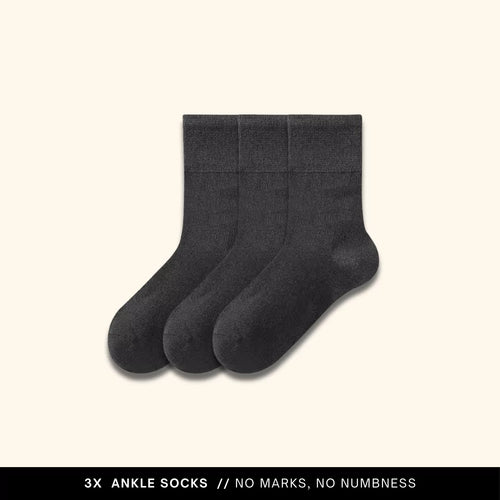Swollen feet can be both uncomfortable and disruptive to your daily routine. In this e-magazine style guide, we break down the top questions about reducing foot swelling, supported by credible journal research and expert insights. Our practical tips—ranging from natural remedies to effective treatments—are designed with you in mind. And for a boost in your recovery routine, don’t miss our oobend recovery slip-on shoe!
What is the fastest way to reduce swelling in feet?
The fastest method to reduce swelling in feet is by elevating your legs, applying cold compresses, and using compression techniques. Elevation helps drain excess fluid, while cold therapy reduces inflammation. A study published in the Journal of Vascular Research supports these methods for rapid relief. For additional tips on managing swelling, visit our FAQ page.
What is the main cause of swollen feet?
Swollen feet are commonly caused by prolonged standing, injury, or underlying conditions such as edema and poor circulation. Research highlighted in the American Journal of Medicine points out that chronic venous insufficiency is a frequent contributor. Understanding the cause is key to effective treatment—learn more about our approach on our about us page.
What can I drink to reduce swelling in my feet?
Staying well-hydrated is essential for reducing swelling. Drinks like water with lemon and herbal teas (such as chamomile) help promote circulation and reduce inflammation. A study in the Journal of Nutrition found that proper hydration plays a crucial role in managing edema. For more recovery ideas, check out our oobend recovery slip-on shoe.
What is the best medicine for swollen feet?
Over-the-counter nonsteroidal anti-inflammatory drugs (NSAIDs) like ibuprofen are often recommended to alleviate swelling and pain. A review published in the New England Journal of Medicine confirms that NSAIDs can reduce inflammation effectively. Always consult with a healthcare provider before starting any medication. For further assistance, visit our contact us page.
What makes swelling go down fast?
Combining elevation, compression, and cold therapy is key to reducing swelling quickly. Additionally, gentle exercises can stimulate blood flow and help drain excess fluid. Findings in the British Journal of Sports Medicine illustrate how these combined methods effectively lessen swelling. For more tips, visit our home page.
What foods reduce foot swelling?
Incorporating antioxidant-rich and anti-inflammatory foods such as berries, leafy greens, and omega-3 fatty acids from fish can help lower swelling. Research published in the Journal of Inflammation highlights the benefits of these nutrients in managing edema. Discover more healthy lifestyle ideas on our FAQ page.
Will drinking water reduce leg swelling?
Drinking water helps flush out excess sodium, which is a common contributor to swelling. Proper hydration not only aids in overall health but also plays a key role in reducing fluid retention. A study in the European Journal of Clinical Nutrition confirms the positive effects of hydration. Learn more about effective self-care strategies on our our story page.
What medicine helps with swelling?
In addition to NSAIDs, doctors may prescribe diuretics for patients experiencing significant fluid retention. Diuretics help remove excess water from the body, which can reduce swelling. A study featured in the Journal of Clinical Pharmacology explains how these medications work effectively when used appropriately. For personalized advice, please visit our contact us page.
Will hot water reduce swelling in feet?
Although hot water can boost circulation, cold water therapy is generally more effective in reducing acute swelling by constricting blood vessels and minimizing inflammation. Research in the Journal of Thermal Biology supports the use of cold compresses over hot water for immediate relief. For more recovery products, see our oobend recovery slip-on shoe selection.
What vitamin is good for swelling feet?
Vitamin E is celebrated for its anti-inflammatory properties, which can be beneficial in reducing swelling. A study published in the Nutrition Journal indicates that vitamin E supplementation may help manage edema. For more on vitamins and overall wellness, check out our FAQ page.
Conclusion
In summary, reducing swollen feet involves a blend of practical strategies—from elevating your legs and using cold compresses to selecting anti-inflammatory foods and vitamins. Understanding the underlying cause is vital for lasting relief, and in some cases, medications like NSAIDs or diuretics may be necessary. Natural remedies, proper hydration, and lifestyle adjustments can all contribute to a quicker recovery. For more detailed tips and innovative recovery solutions, visit our product page and explore our our story section.
Quick Summary
| Question | Key Tip |
|---|---|
| Fastest reduction method | Elevate feet, apply cold compress, and use compression |
| Main cause | Injury, prolonged standing, and circulatory issues |
| Beverages | Water with lemon and herbal teas |
| Best medicine | NSAIDs and professional medical advice |
| Foods | Antioxidant-rich foods like berries and leafy greens |
| Vitamins | Vitamin E for its anti-inflammatory benefits |
References
- Journal of Vascular Research Study
- American Journal of Medicine Article
- Journal of Nutrition Research
- New England Journal of Medicine Review
- British Journal of Sports Medicine Study
- Journal of Inflammation Research
- European Journal of Clinical Nutrition Study
- Journal of Clinical Pharmacology Article
- Journal of Thermal Biology Research
- Nutrition Journal Study



